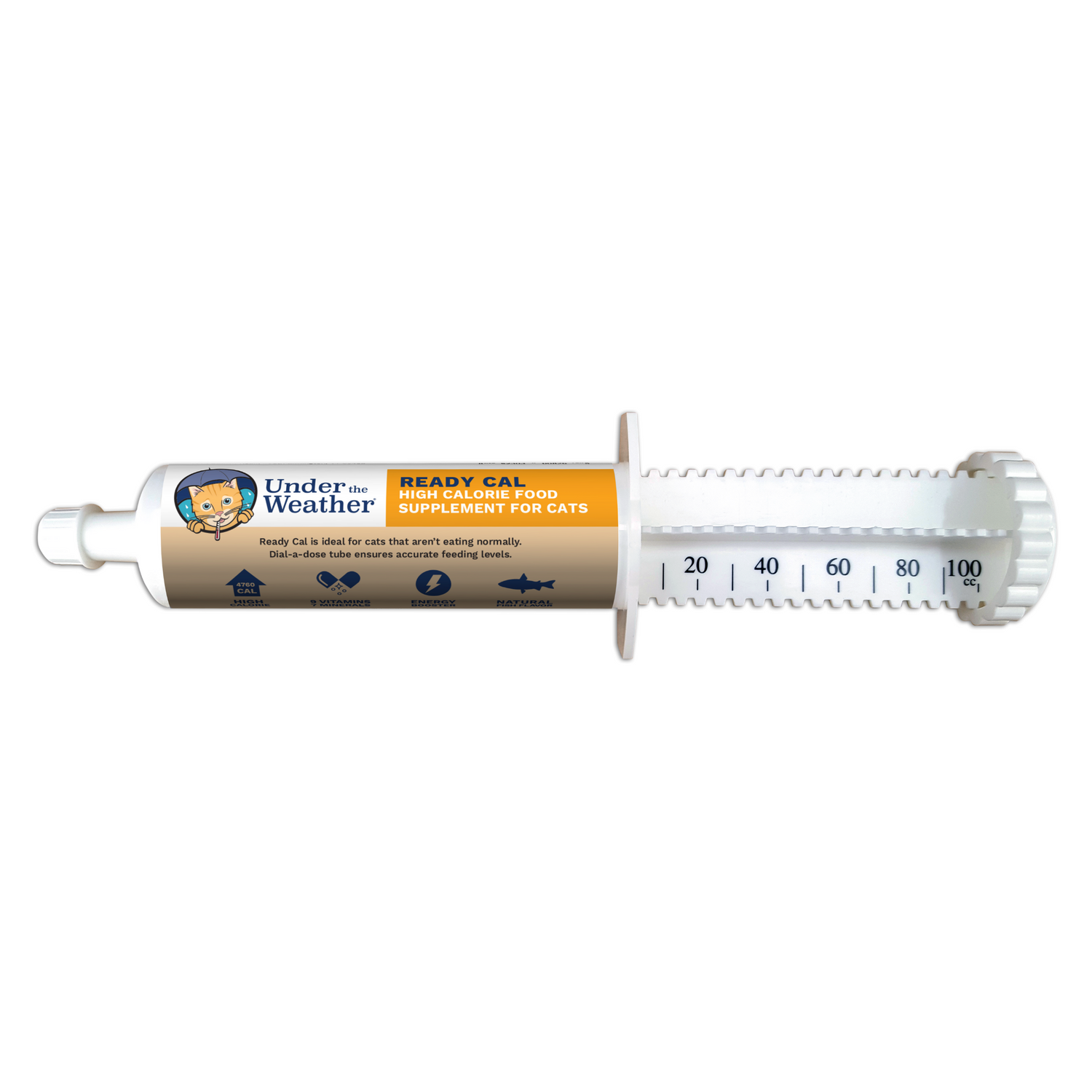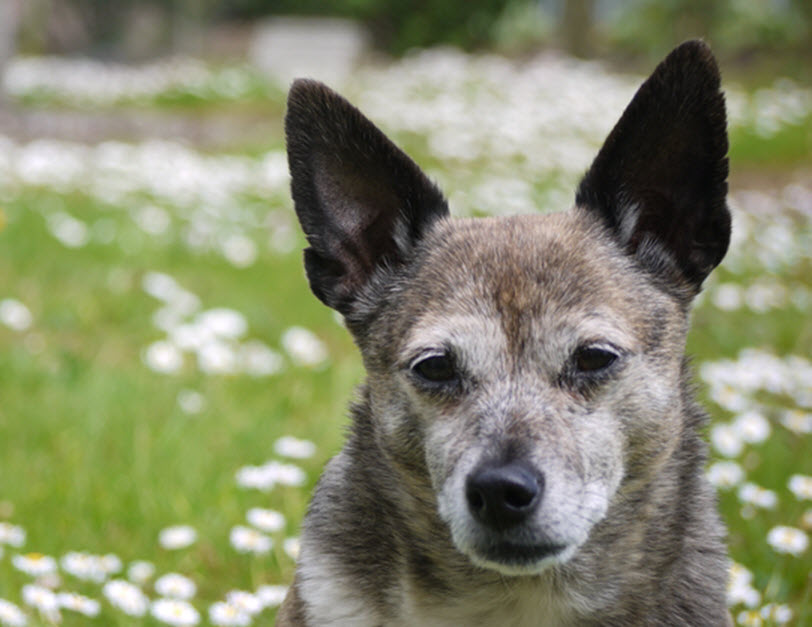Are you concerned that your dog may be developing dementia or senility? Canine cognitive dysfunction (CCD), a dog’s version of Alzheimer’s disease, is a normal aging change in older dogs. Research shows that 28% of dogs between 11-12 years, and 68% of dogs aged 15-16 years, show one or more signs of cognitive impairment.
Understanding CCD
Most times, CCD comes on gradually along with other health conditions in senior dogs. The challenge for dog owners is knowing which signs are related to CCD and which are related to senior health conditions such as arthritis, diabetes, hearing or sight loss. Your vet can help you through the process of discovering which signs are physical or behavioral issues.
CCD generally requires the presence of two or more of the following behavioral changes in the absence of any physical causes:
- Decreased interaction with family members
- Increased irritability
- Slowness to obey commands
- Disorientation
- Changes in their sleep-wake cycle
- Decreased responsiveness to learned behaviors, such as housetraining
Cognitive dysfunction is not related to seizures or other neurologic problems. It is seen in male and female dogs of all breeds, it is progressive and, unfortunately, the cause is unknown. The changes in your dog’s behavior can be challenging, but once the family understands it is a symptom of CCD, these behaviors are more easily accepted, i.e. house soiling, vocalization, wandering during the night.
Related: Recognizing the Signs of Doggie Dementia
Diagnosing Cognitive Decline
Your vet will need to review a complete medical history, perform a thorough physical exam and perform a series of tests, including a neurological exam, complete blood count, serum chemistry analysis, urinalysis and culture, blood pressure, endocrine testing, brain imaging, spinal fluid analysis and chest x-rays. These results are needed to differentiate the signs of dementia from other diseases that may cause these signs.
Related: What to Expect as Your Dog Ages
Treating Dementia in Dogs
Your veterinarian’s recommendation may include one or more of the following:
- Specific treatment of any concurrent illness
- Behavior modification exercises
- Specific exercise recommendation
- Prescription drug therapy
- Supplements formulated for cognitive health
Start a log of any abnormal behavior that your dog shows and notify your vet of any deterioration of your dog’s condition. Prevent him from wandering away from the house by keeping him in a fenced in yard or watching him while he’s out doing his duty.
This blog is brought to you by Under the Weather®, manufacturer of nutritional supplements for dogs and cats, including a line of hemp-based soft chews for dogs. The Hemp Neuro supports both neurological and cognitive functions in dogs of all ages.
The company also makes a line of award-winning bland diets for dogs. These freeze-dried bland diet products offer a quick and convenient solution when dogs experience digestive issues such as vomiting or diarrhea. Ready to go in minutes – just add boiling water to rehydrate.
A portion of every sale goes to the Ruffy Rescue Fund. The company funds the transportation and spaying/neutering costs associated with bringing dogs from overpopulated kill shelters in the USA to Vermont for adoption.
View Our Products
Visit Our Blog Library






